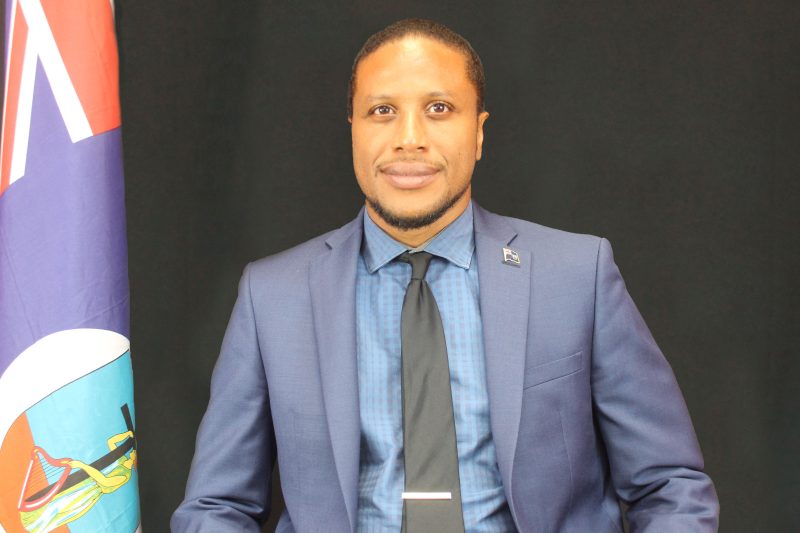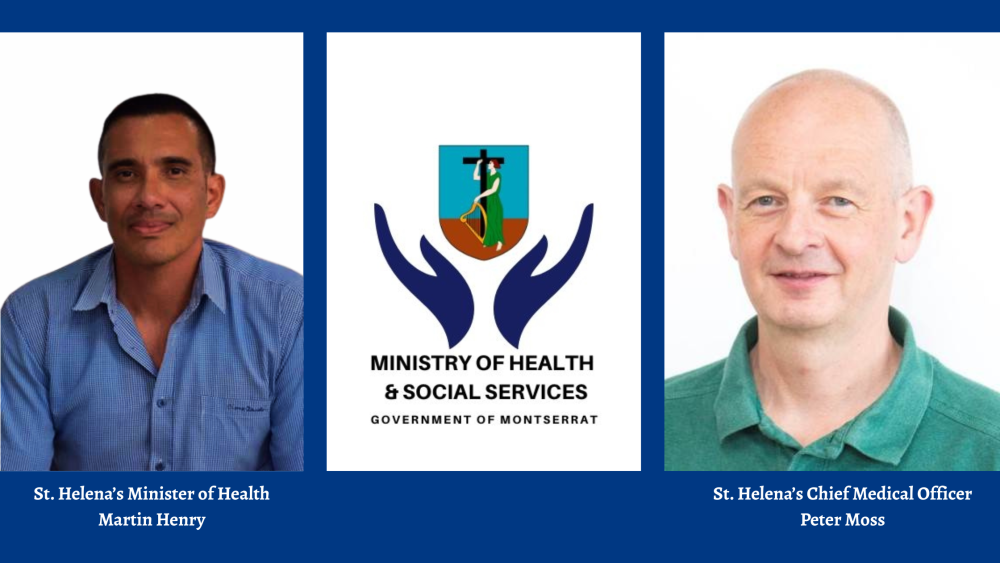The latest report from the Office of the Auditor General revealed that a skills gap remains in the government service despite more than two million pounds spent annually to fill it.
The OAG presented to the Legislative Assembly on Tuesday the Performance Audit of the Office of the Deputy Governor and Related Departments. The report covers 2016 to 2020 for the ODG’s headquarters, which offers consular services, manages Government pensions, and assists the Deputy Governor, who oversees all employees across the public service. It also manages the Government’s offices and other buildings.
The other four departments within the ODG’s remit are: the Human Resources Management Unit, the Disaster Management Coordination Agency, Her Majesty’s Prison, and the Royal Montserrat Defence Force.
Key Findings:
(1) The ODG has good oversight of its available budget and keeps annual spending within budget.
(2) The ODG’s performance has improved slowly, but has much scope to improve further both performance and reporting. For financial years 2017/2018 and 2018/2019, the ODG met 14% and 29% of its performance targets respectively. In other areas, performance was not clearly defined and/or was not reported.
(3) The ODG has recognised that it has capacity-gaps, but has struggled to fill them. The ODG has consistently operated below its capacity: 65 posts filled of 75 available posts in fiscal year 2016/2017; 62 posts filled of 69 available posts in fiscal year 2017/2018; 59 posts filled of 70 available posts in fiscal year 2018/2019.
“This was one of the factors that could have contributed to low performance against targets. It also reflects the long-term trend of high and rising rates of vacant posts (from 10% in fiscal year 2016/2017 to 13% in fiscal year 2018/2019) across the public service, with implications for efficiency, for effectiveness, and for value for money,” the report noted.
(4) The ODG uses the Technical Co-operation (TC) Programme to fill critical and hard-to-fill posts, but needs to improve the process for appointment and management of TC-employee posts. This programme is used to acquire the
skills needed to address local skills-gaps and to recruit internationally for posts that are difficult to fill. The ODG manages the TC programme on behalf of the entire GOM. The audit found that only two of 12 TC employee posts sampled had a business case. Additionally, there was a lack of clear skills transfer and some TC posts had no understudy assigned to them. The ODG advised that such posts lead to important development of capabilities in other ways, including new policies, processes, knowledge and the sharing of experiences.
“The ODG should ensure that the approved processes are consistently followed, including [a] business cases for new posts, [b] obtaining and documenting the Cabinet’s approval, and [c] ensuring the related documents capture the requirement for the transfer of knowledge and of skills from TC employees to their understudies and co-workers. This will achieve greater building of local capacity so that the benefits of the Programme to the ODG, and, by extension, across the GOM, will be sustained for the long term.”
(5) The ODG has identified that improved workplaces are urgently needed to support the GOM’s employees in delivering better service to the public, but, without funding support, little progress has been made. At least 80% of public buildings require significant upgrades to meet standards and users’ needs. Funding has been repeatedly requested from the DFID for this purpose, but has not been approved. Since early March, 2020, the COVID-19 pandemic has made the need for these repairs and upgrades much more urgent, both for employees’ safety and for the new mandates of public health in serving the public.
Key Recommendations:
(1) Strengthen Departments’ strategic planning, measurement, and reporting of performance.
(2) Strengthen Departments’ record-keeping and reporting for decision-making.
(3) Reduce the number of vacancies. Shorten recruitment time, improve the terms and conditions of offers/contracts, and reduce turnover of employees. Also reassess personnel needs and close posts that are no longer needed.
(4) Strengthen the oversight of the TC programme to maximise the intended benefits.
(5) Prioritise the funding of the GOM’s required building maintenance and upgrades.
The full audit report highlights several other findings and recommendations. Their implementation will bring significant improvements in the management of the public service (including faster recruitment; more accountability; enhanced productivity; better planning; improved administration of the Technical Co-operation Programme; and the sustained building of local capacity), timely maintenance of public buildings and workplaces, and better service to the public.
The 2020/21 allocation for the Technical Cooperation and Capacity Development programme is £2,810,000 or EC$9,721,757.
Read full ODG Audit report here.
The report in its entirety can be found at the Montserrat Public Library, visiting the OAG website or by requesting an electronic copy from the Office of the Auditor General, located upstairs Angelo’s Complex, Brades. E-mail: audit@gov.ms ; Telephone: (664) 491 – 3460 or 491 – 4569.
Discover more from Discover Montserrat
Subscribe to get the latest posts sent to your email.



